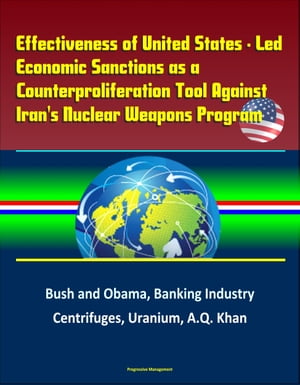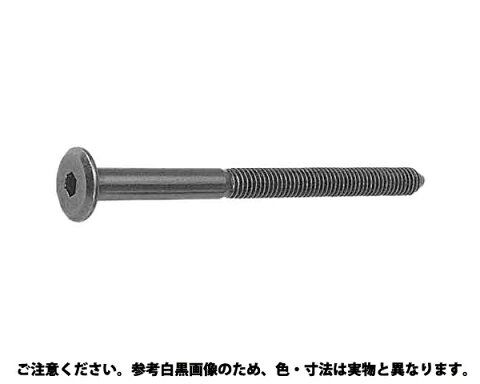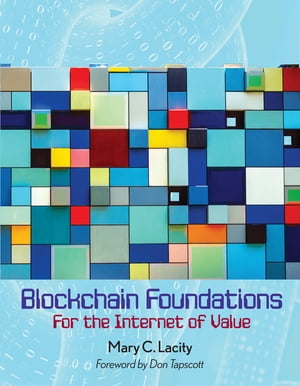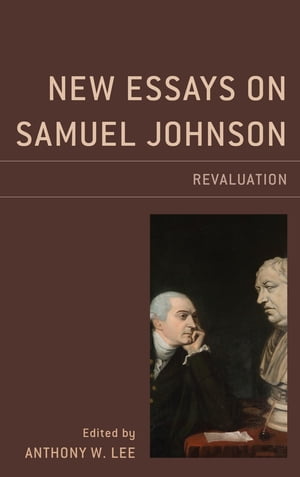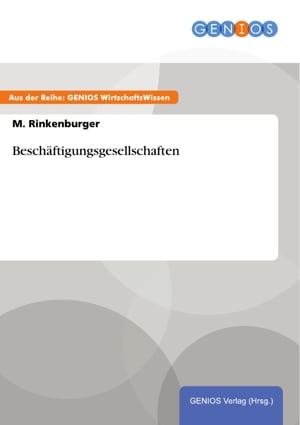<p>This important report has been professionally converted for accurate flowing-text e-book format reproduction. The use of financial interdiction to disrupt the development of weapons of mass destruction (WMD) and their components is an option in the so-called counterproliferation toolkit. The effectiveness of economic counterproliferation interdiction operations is frequently debated; however, counterproliferation operations have successfully stopped some global WMD illicit trade. What is unknown is the degree to which counterproliferation has inhibited further proliferation of WMD. Understanding the effectiveness of U.S.-led financial interdiction efforts against Iran's nuclear weapons program has significant policy implications. U.S. policy makers need to know whether their current financial interdiction operations are effective at stopping or delaying Iran' s nuclear weapon program. Evidence from the International Atomic Energy Agency indicates that the current U.S. economic counterproliferation strategy against Iran's nuclear weapons program failed to slow down Iran's nuclear program as uranium enrichment increased despite implementation of further economic sanctions; however, evidence indicates the overall counterproliferation strategy eventually brought Iran to the negotiation table, thus temporarily halting further nuclear weapons development. The final result of U.S.-led economic counterproliferation policy, along with the use of other counterproliferation tools, ultimately has been effective at disrupting and temporarily halting Iran's nuclear weapons program.<br /> CHAPTER I - INTRODUCTION AND METHODOLOGY * CHAPTER II - BACKGROUND * A. COUNTERPROLIFERATION VS. NONPROLIFERATION * B. U.S. NONPROLIFERATION POLICY AND INTERNATIONAL REGIMES * C. U.S. COUNTERPROLIFERATION POLICY * D. U.S. COUNTERPROLIFERATION POLICY POST SEPTEMBER 11, 2001 * E. THE LESSONS OF ABDUL QADEER KHAN FOR COUNTERPROLIFERATION POLICY * F. THE NPT AND IRAN * CHAPTER III - ECONOMIC SANCTIONS AND ENFORCEMENT AGAINST IRAN * A. REAGAN THROUGH CLINTON ADMINISTRATIONS * B. GEORGE W. BUSH THROUGH OBAMA ADMINISTRATIONS * C. P5+1 NEGOTIATIONS WITH IRAN * D. ASSISTANCE TO AND FROM THE BANKING INDUSTRY * E. THE PROSECUTION OF THE FINANCIAL INDUSTRY: U.S. TREASURY DEPARTMENT * F. THE PROSECUTION OF THE U.S. BANKING INDUSTRY: U.S. JUSTICE DEPARTMENT * G. U.S. STATE DEPARTMENT ACTIONS * H. IRANIAN ADAPTATION * CHAPTER IV - EFFECTS OF FINANCIAL INTERDICTION * A. IRANIAN BREAKOUT TIMELINES AND CENTRIFUGE OPERATIONS * B. ECONOMIC SANCTIONS VERSUS URANIUM DEVELOPMENT * C. EFFECTS OF ECONOMIC SANCTIONS ON IRAN'S ECONOMY * CHAPTER V - CURRENT P5+1 AGREEMENT, POLICY RECOMMENDATIONS, AND CONCLUSION * A. POLICY RECOMMENDATIONS * B. CONCLUSION * C. ADDITIONAL RESEARCH OF ECONOMIC INTERDICTION EFFECTIVENESS * LIST OF REFERENCES</p>画面が切り替わりますので、しばらくお待ち下さい。
※ご購入は、楽天kobo商品ページからお願いします。
※切り替わらない場合は、こちら をクリックして下さい。
※このページからは注文できません。
@minami_cbc 2020/11/23 08:58
@ComYan 2020/11/23 08:40
@poweredby4ag 2020/11/23 09:03
